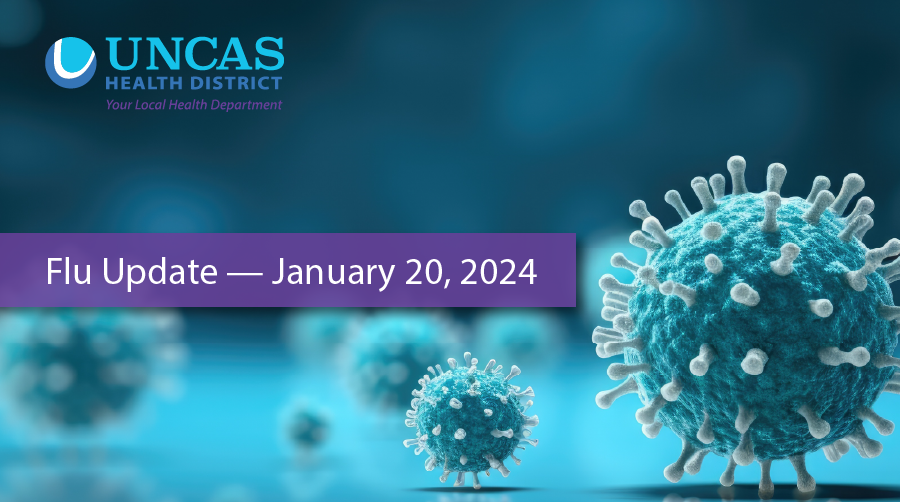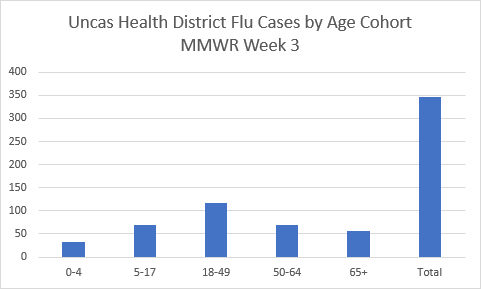June is Men’s Health Month, an important time to emphasize how crucial it is for men to take action on their preventive healthcare. Data from the Centers for Disease Control and Prevention (CDC) indicates a concerning disparity: women are 33% more likely to visit a doctor and significantly more likely to adhere to preventive screenings and checkups. According to a study by the Cleveland Clinic, only half (50 percent) of men surveyed said that they consider getting their annual check-ups a regular part of taking care of themselves. This month serves as an opportunity to bridge this gap and empower men to take a proactive approach to their health.
The Importance of Preventive Care
Regular medical checkups, even in the absence of concerning symptoms, are a cornerstone of proactive healthcare. These visits allow physicians to identify potential health risks early on when intervention can be most effective.
Key Health Screenings for Men
- Prostate Cancer Screenings: Prostate cancer is a prevalent concern for men, particularly those over 50 or with a family history. Early detection through prostate-specific antigen (PSA) testing and digital rectal examinations is critical for successful treatment.
- Colon Cancer Screenings: Colon cancer is another serious threat to men’s health. Routine screenings, such as colonoscopies, can detect and remove precancerous polyps before they develop into cancer.
- Other Considerations: Additional screenings, such as blood pressure checks, cholesterol tests, and blood sugar monitoring, are crucial for identifying potential risk factors for heart disease, stroke, and diabetes.
Building a Foundation of Wellness
Beyond preventive screenings, establishing healthy lifestyle habits is essential for overall well-being.
- Diet & Nutrition: Men are encouraged to focus on a balanced diet rich in fruits, vegetables, whole grains, and lean protein sources. Limiting intake of processed foods, saturated fats, and added sugars is key.
- Physical Activity: Regular exercise is vital for maintaining a healthy weight, reducing stress, and improving overall health. Aim for at least 150 minutes of moderate-intensity exercise or 75 minutes of vigorous-intensity exercise per week.
- Mental Health Awareness: Men are less likely to seek help for mental health concerns, despite the prevalence of issues like stress, anxiety, and depression. Open communication with a doctor or therapist is crucial to managing these challenges and maintaining emotional well-being.
Taking Charge of Your Health
Men’s Health Education & Awareness Month is a springboard for ongoing commitment to health. By prioritizing preventive healthcare, establishing healthy habits, and seeking support from healthcare professionals, men can optimize their physical and mental well-being. Remember, prioritizing your health is an investment in a longer, stronger, and more fulfilling life.
Learn more about the Uncas Health District Mobile Health Team





